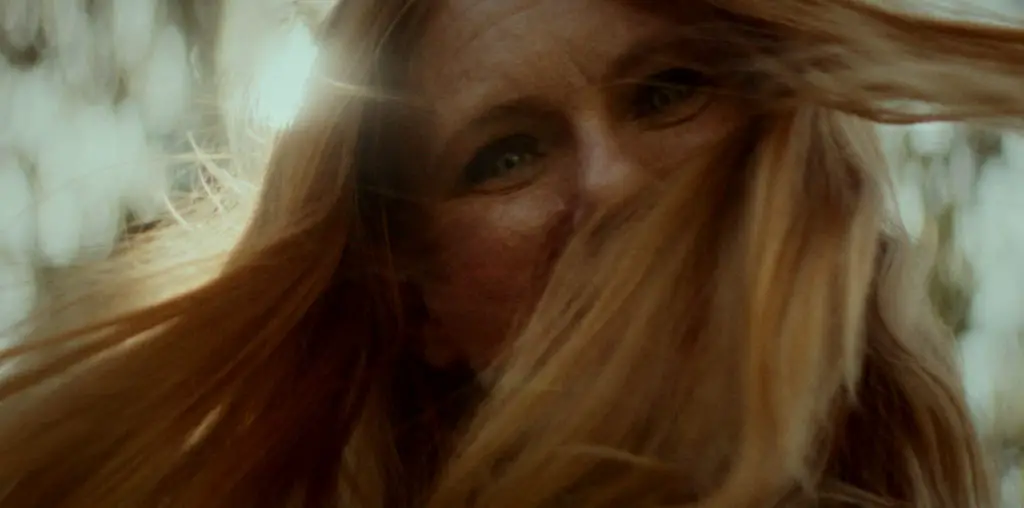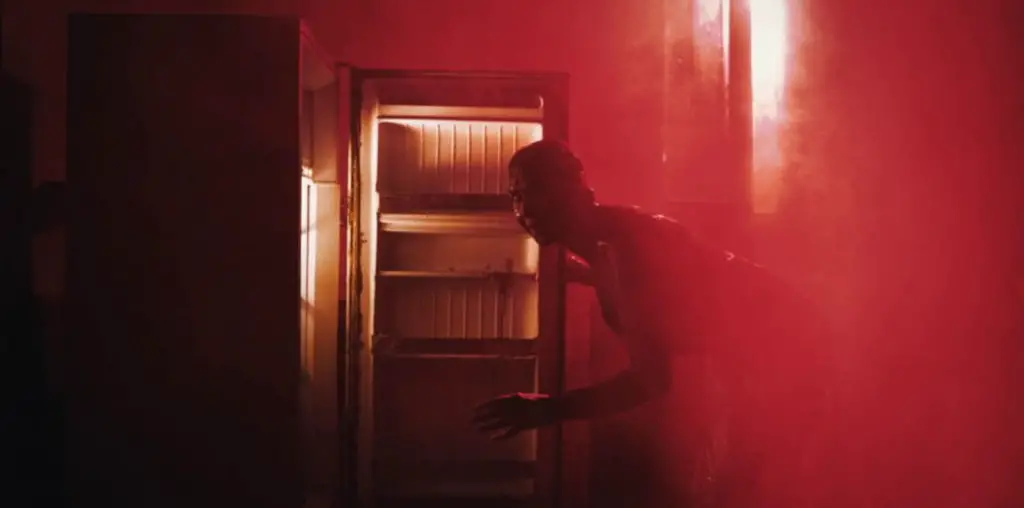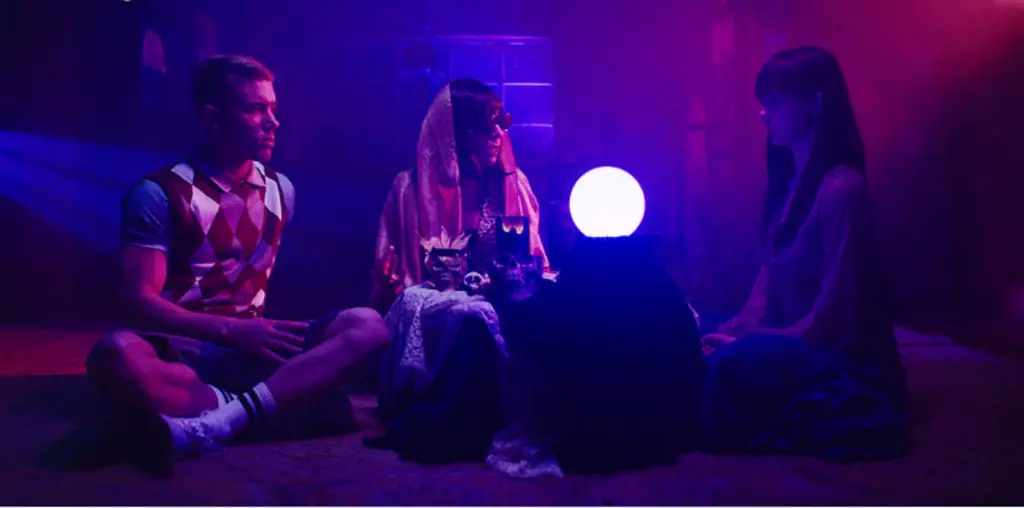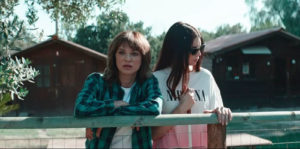
This is why Dark Glasses is such a surprise, as it rises high above his previous creative depths. Not that we are back at the outlandishly colorful visual majesty of his prime, that train left the station 40 years ago. Besides some interesting effects with flashing police lights, Mr. Argento isn’t your Rainbow Man anymore with the flashy twinkly. He can whip up a mean shadow play though, placing his layers of darkness in a precise way to really bring the murk out.
The quality of Engish audio dubbing hasn’t improved with time which is a contributing factor to the decrease in the perceived quality of Argento’s last few films. Thankfully, this is still in its original Italian with subtitles. Argento’s screenplay, co-written by frequent collaborator Franco Ferrini, is his most coherent work yet, with a story that engages and keeps its internal logic working. As it skews suspense, there are fewer horror sequences than fans will want. However, we have Diana, one of Argento’s most developed characters, with a lot of honestly earned sympathy. I found myself hoping she wouldn’t be killed instead of looking forward to it, which isn’t usual for a horror picture.
One of the ways Dark Glasses excels is Argento has finally been let off the chain for gore. After being censored for most of his career, he has arrived at a time period where he is finally allowed to go there. The splendid slaughter effects, provided by the legendary Sergio Stivaletti, are wet and wonderful, all with that extra painful twist of nasty.
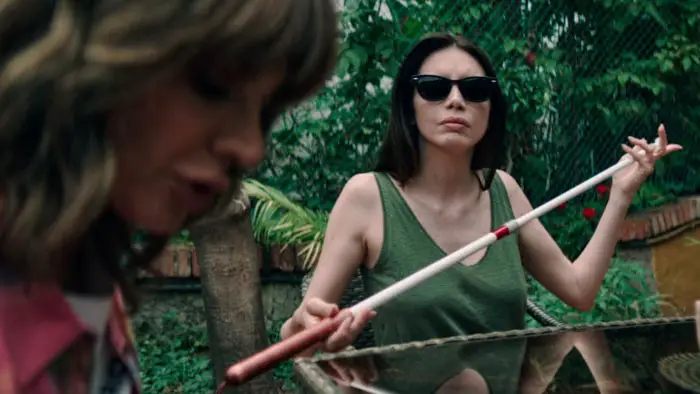
“…possesses all the blood, tunes, and screams an Argento picture warrants.”
Another reason why the movie is such a kick is the unbelievably awesome synthesizer score by Arnaud Rebotini. The composer evokes the atmosphere of Argento’s signature soundtrack band, Goblin, without sounding like a pastiche. Part of Argento’s unique appeal is his horror movies were always the loudest, with stand-out scores and songs. While the eye candy is selective, the ear candy here is plentiful with lots of sprinkles.
Pastorelli is a real surprise as one underestimates her at first glance. She wins over the audience in a blindness performance worthy of Wait Until Dark. The actor really sells the terror here, one of the reasons why this seems to radiate some of Argento’s original witchcraft.
Dark Glasses possesses all the blood, tunes, and screams an Argento picture warrants. All we need in the future is some more inventive moves on the camera, please. I want to see what the director who famously used a crane for a tracking shot around a house can do with the drones and lightweight, affordable cameras now available. Even though this is just a blood-stained shadow of Argento’s previous masterworks, the fact that he has produced something worthwhile again is a cause for celebration.
Dark Glasses screened at the 2022 Loft Film Festival.
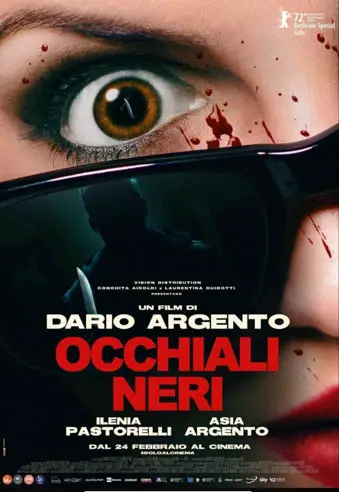
"…Argento's best movie in 20 years."
